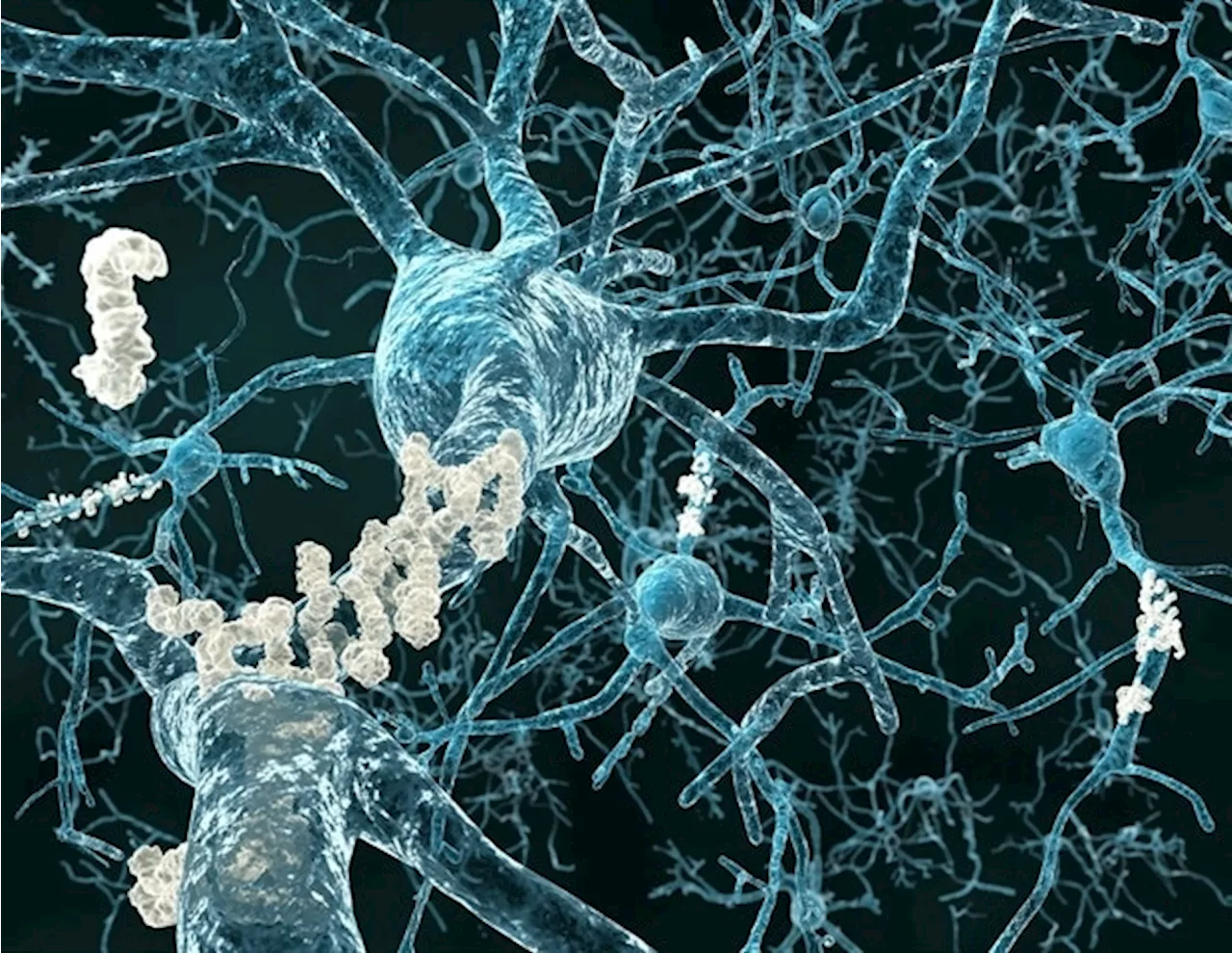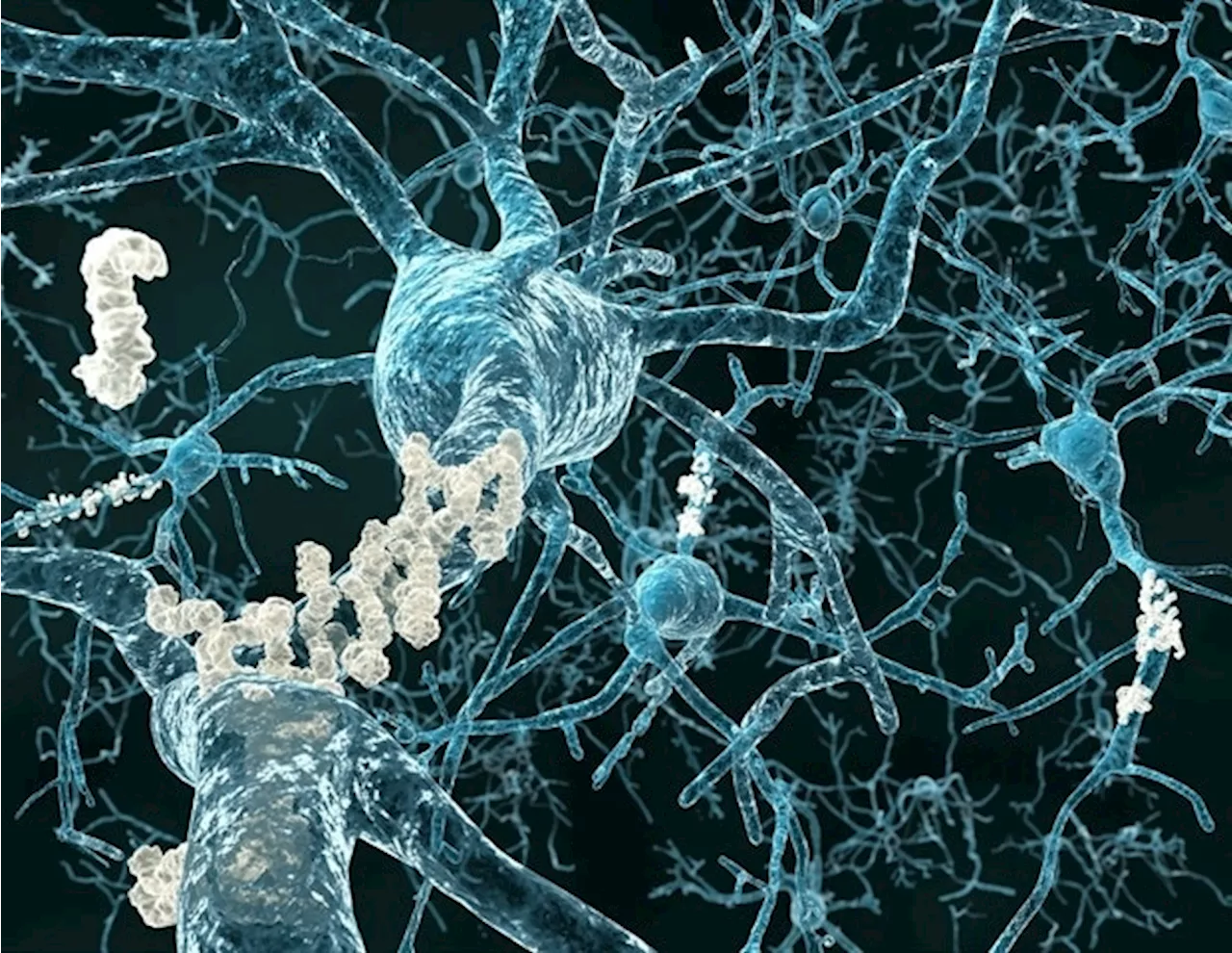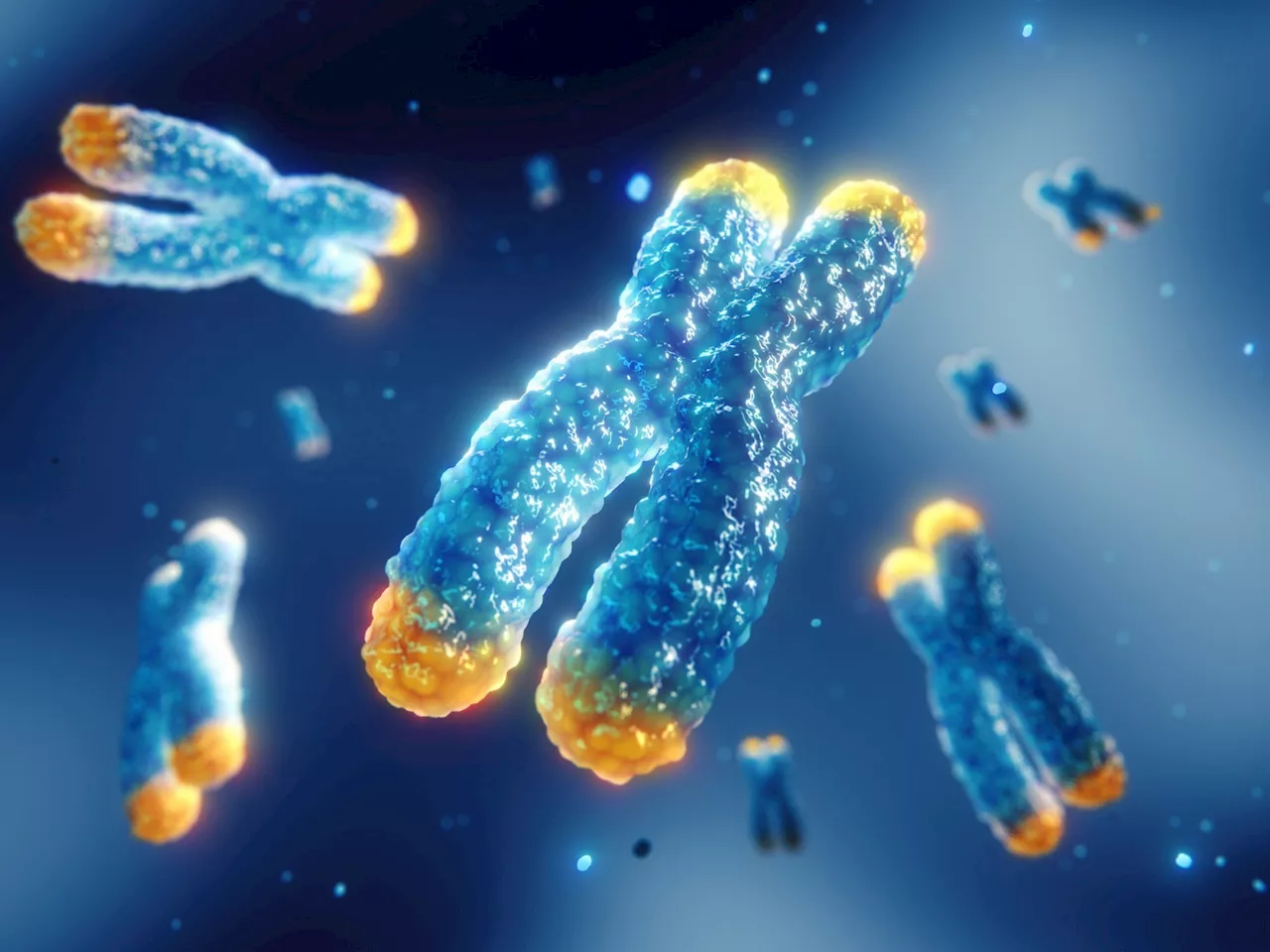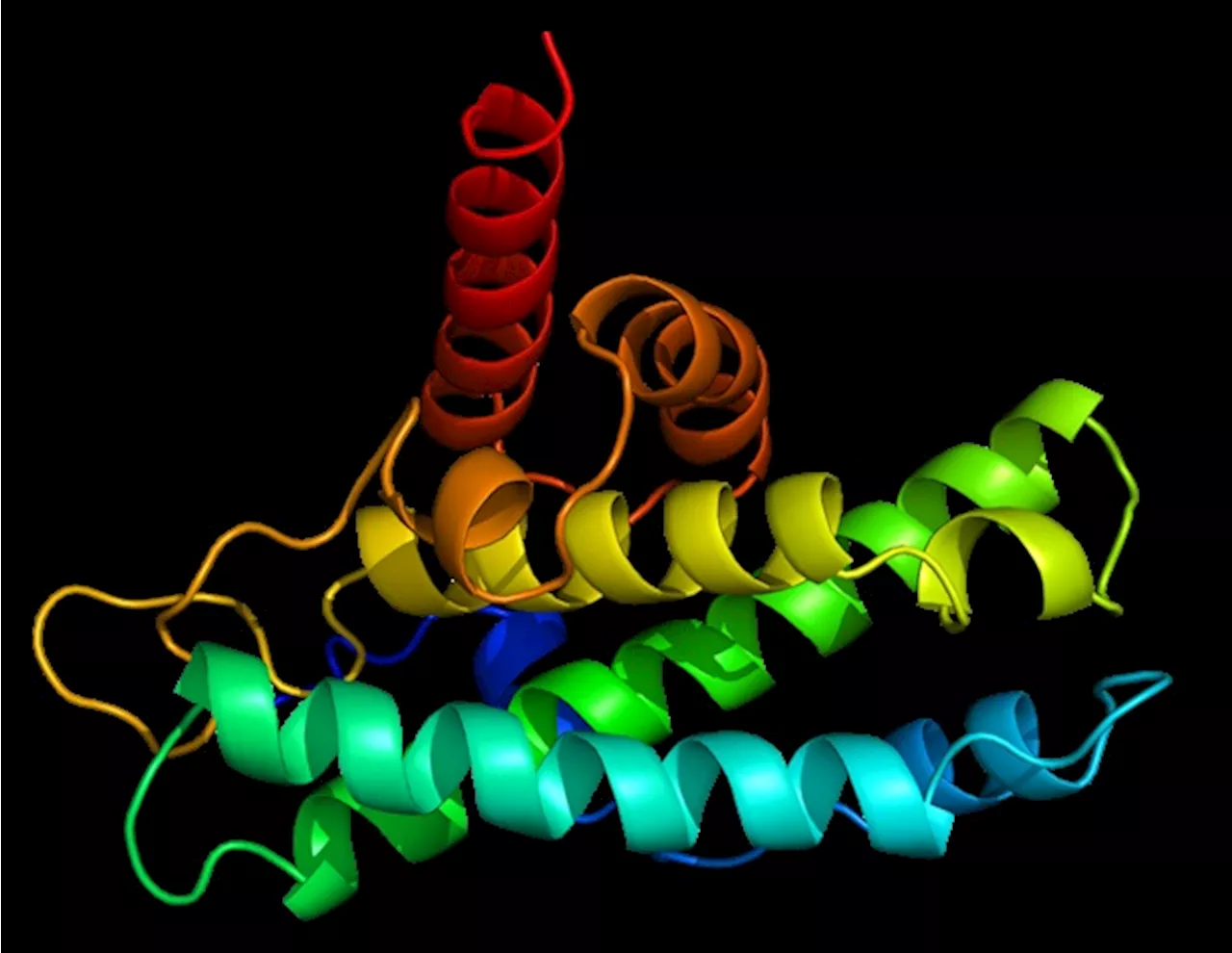Researchers found that mild trauma can trigger a chain reaction in the brain
Repeated head injuries, such as concussions - a known risk factor for Alzheimer’s disease - may reactivate a common dormant virus in the brain, increasing the risk of AD and other neurodegenerative conditions.
HSV-1 can lie dormant in human cells for a lifetime, but when it re-awakens it can cause changes that resemble changes observed in AD patients’ brains. Professor Itzhaki, Visiting Professorial Fellow at the Oxford Institute of Population Ageing and Emeritus Professor at the University of Manchester, said: "Head injuries are already recognised as a major risk factor, as are the cumulative effect of common infections, for conditions such as Alzheimer’s and dementia, but this is the first time we have been able to demonstrate a mechanism for that process.
United Kingdom Latest News, United Kingdom Headlines
Similar News:You can also read news stories similar to this one that we have collected from other news sources.
 Gut Infection Linked to Alzheimer's Disease in SomeResearchers at Arizona State University and Banner Alzheimer's Institute have discovered a potential link between a chronic gut infection caused by cytomegalovirus (HCMV) and the development of Alzheimer's disease in a subset of people. The virus, which most humans are exposed to early in life, may remain active in the gut and travel to the brain via the vagus nerve, potentially changing the immune system and contributing to Alzheimer's-related changes. The researchers are developing a blood test to identify people with active HCMV infections who might benefit from antiviral medication.
Gut Infection Linked to Alzheimer's Disease in SomeResearchers at Arizona State University and Banner Alzheimer's Institute have discovered a potential link between a chronic gut infection caused by cytomegalovirus (HCMV) and the development of Alzheimer's disease in a subset of people. The virus, which most humans are exposed to early in life, may remain active in the gut and travel to the brain via the vagus nerve, potentially changing the immune system and contributing to Alzheimer's-related changes. The researchers are developing a blood test to identify people with active HCMV infections who might benefit from antiviral medication.
Read more »
 Vanderbilt Researchers Achieve Milestone with Successful Phase I Clinical Trial for Alzheimer's DrugResearchers at Vanderbilt University's Warren Center for Neuroscience Drug Discovery have successfully completed a phase I clinical trial for VU319, a drug showing potential in treating memory loss associated with Alzheimer's disease and schizophrenia. This marks a significant step in the drug's development, highlighting Vanderbilt's ability to translate fundamental research into therapeutic discoveries.
Vanderbilt Researchers Achieve Milestone with Successful Phase I Clinical Trial for Alzheimer's DrugResearchers at Vanderbilt University's Warren Center for Neuroscience Drug Discovery have successfully completed a phase I clinical trial for VU319, a drug showing potential in treating memory loss associated with Alzheimer's disease and schizophrenia. This marks a significant step in the drug's development, highlighting Vanderbilt's ability to translate fundamental research into therapeutic discoveries.
Read more »
 Researchers identify key mechanisms behind heart disease in type 2 diabetesPeople with type 2 diabetes have a higher risk of developing cardiovascular disease and dying prematurely due to atherosclerosis.
Researchers identify key mechanisms behind heart disease in type 2 diabetesPeople with type 2 diabetes have a higher risk of developing cardiovascular disease and dying prematurely due to atherosclerosis.
Read more »
 X-chromosome study reveals hidden genetic links to Alzheimer’s diseaseA groundbreaking study explores the overlooked X-chromosome’s role in Alzheimer’s disease, revealing seven genetic loci linked to neurodegenerative decline and cognitive reserve.
X-chromosome study reveals hidden genetic links to Alzheimer’s diseaseA groundbreaking study explores the overlooked X-chromosome’s role in Alzheimer’s disease, revealing seven genetic loci linked to neurodegenerative decline and cognitive reserve.
Read more »
 TTUHSC researcher to uncover mechanisms that regulate gene expression in Alzheimer's diseaseMore than six million Americans are affected by Alzheimer's disease, a form of dementia marked by accumulation of amyloid-β within the brain. Amyloid-β is a relatively small protein that forms toxic plaques in the brain contributing to the harmful effects of Alzheimer's disease.
TTUHSC researcher to uncover mechanisms that regulate gene expression in Alzheimer's diseaseMore than six million Americans are affected by Alzheimer's disease, a form of dementia marked by accumulation of amyloid-β within the brain. Amyloid-β is a relatively small protein that forms toxic plaques in the brain contributing to the harmful effects of Alzheimer's disease.
Read more »
 Promising ultrasound therapy for Alzheimer's disease licensed to new start-upA promising ultrasound therapy to potentially restore brain function in people with Alzheimer's disease has been licenced to a new start-up spun out of The University of Queensland.
Promising ultrasound therapy for Alzheimer's disease licensed to new start-upA promising ultrasound therapy to potentially restore brain function in people with Alzheimer's disease has been licenced to a new start-up spun out of The University of Queensland.
Read more »
